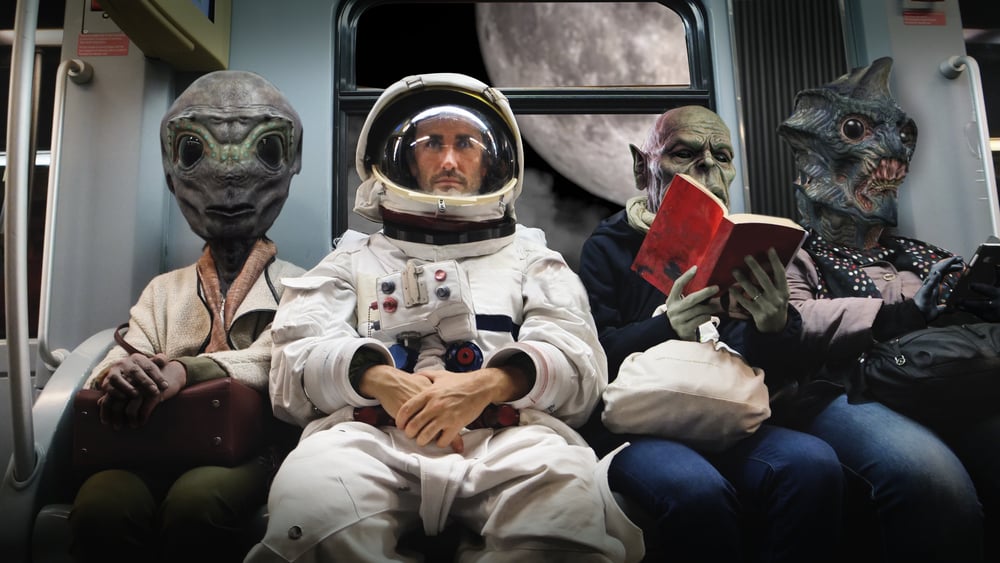Zooligist Arik Kershenbaum says we can use what we know about humans to figure out what aliens might look like.
By Yakir Benzion, United With Israel
Zoologist Arik Kershenbaum not only thinks we have enough information to start figuring out what aliens look like, he wrote a book about it
Kershenbaum, who is now doing research in England at the University of Cambridge, says humans should envision extra-terrestrial beings by looking at the Earth’s biological progression, which is reflected in all creatures big and small who share the planet, the Times Of Israel reported Thursday.
His new book, “The Zoologist’s Guide to the Galaxy: What Animals on Earth Reveal About Aliens — and Ourselves,” outlines his theory that aliens most likely developed in ways we are already scientifically familiar with.
“Most of the concepts I deal with are very firmly based in evolutionary theory here on Earth,” Kershenbaum told the Times. “It did not take a lot of radical new theories to put it together.”
“Evolutionary rules are universal rules not specific to Earth. They can apply everywhere, a natural extension of why things are the way they are on Earth,” Kershenbaum said.
He explains that what aliens look like will be “heavily constrained by physics and the laws of mathematics” which apply to us as well and he looks at what he calls the ‘more interesting question that people really want answered … How much are [aliens] going to be like us? How likely will alien life be anything like us?,'” the Times report explained.
Kershenbaum discusses the possibilities that aliens might take a humanoid form, but notes that science fiction creatures we know and love like Yoda from Star Wars or Mr. Spock of Star Trek are not based on actual scientific principles.
“If the problems animals face on Earth are similar to difficulties other planets will have, and there aren’t an infinite number of solutions to particular problems like getting energy from the sun and stars, planets will tend to evolve similar solutions to similar problems on different planets,” he theorizes.
Kershenbaum argues that if aliens arrive here in humanoid form, we shouldn’t confuse them with humanity, because they didn’t evolve here on earth.
“If we discover an alien species almost exactly like us,” it would “not be related to us at all, no genetic relationship whatsoever. Would you feel comfortable calling them human? They would not be homo sapiens.”
“We know [humanity] won’t be related to any alien species,” he added.
And if a spaceship does land on earth and aliens emerge, Kershenbaum says there’s no need to worry that they’ll want to eat us.
“Any civilization that has the technology to travel between stars, far, far beyond anything we can imagine, will have no need to conquer us, dominate us, eat us,” he said.
“We don’t pose a threat to any alien civilization that will be as full of scientists and engineers as us,” Kershenbaum said. “They will be just as interested in us as we are in them.”
“Scientists genuinely believe we are not far away from discovering signs of extraterrestrial life,” Kershenbaum noted. “It means we are starting to raise questions we don’t talk about enough… ‘What does it mean to be an alien? What would our relationship be like? How should we treat, look at, think about them?’ It requires us to think about alien life the same way we think of life on Earth.”
MAKE THE LAND OF ISRAEL EVEN MORE BEAUTIFUL!
PLANT YOUR VERY OWN FRUIT TREES IN ISRAEL!
Farmers near the Gaza border lost family, friends and workers. Spring is here, and they desperately need help to replant the farms. Join us in blessing the People and Land of Israel.
“I will ordain My blessing for you…” (Leviticus 25:4)
